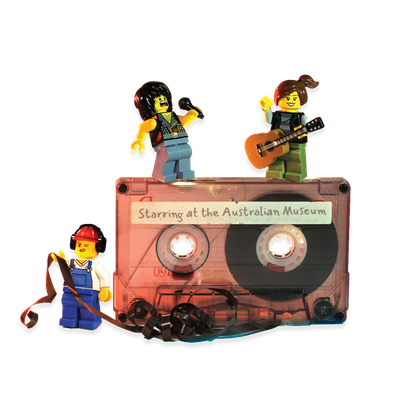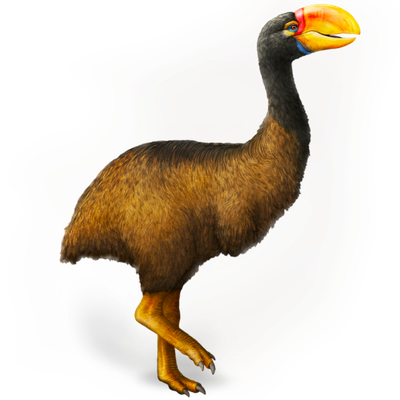Your search returned 43 results
By Page Type
By Tag
- All
- fish (966)
- blog (696)
- fishes of sydney harbour (401)
- First Nations (299)
- Blog (236)
- AMRI (169)
- archives (164)
- Eureka Prizes (146)
- Aboriginal and Torres Strait Islander (135)
- insect (126)
- Ichthyology (124)
- geoscience (109)
- minerals (102)
- climate change (100)
- podcast (94)
- Fish (91)
- Anthropology (89)
- International collections (80)
- Minerals Gallery (78)
- wildlife of sydney (78)
- Labridae (77)
- frog (74)
- gemstone (70)
- history (64)
- photography (64)
- Mollusca (60)
- gem (59)
- staff (59)
- Birds (56)
- Gems (56)
- Indonesia (56)
- education (56)
- shark (55)
- AMplify (54)
- people (53)
- earth sciences (50)
- past exhibitions (50)
- exhibition (49)
- Gobiidae (48)
- sustainability (46)
- Pomacentridae (45)
- Serranidae (44)
- lifelong learning (42)
- science (42)
- Earth and Environmental Science (41)
- Syngnathidae (41)
- Ancient Egypt (40)
- Bali (40)
- bird (40)
- dangerous australians (40)
-
Decomposition - Body Changes
https://australian.museum/about/history/exhibitions/death-the-last-taboo/decomposition-body-changes/Death begins when the heart stops beating. Deprived of oxygen, a cascade of cellular death commences.
-
Burial - Madagascar
https://australian.museum/about/history/exhibitions/death-the-last-taboo/burial-madagascar/Throughout Madagascar, great significance is placed on ancestors, who watch over all aspects of daily life and ensure the continuity and unity of the family and community. Ancestor spirits reside in the north-east corner of the home and in the family tomb, reflecting a strong belief in life after
-
Disposing of the dead - Burial
https://australian.museum/about/history/exhibitions/death-the-last-taboo/disposing-of-the-dead-burial/The word burial comes from the Anglo-Saxon word birgan, meaning to conceal. The earliest archaeological evidence for the deliberate treatment of the dead is in the form of ancient burials. In some cultures, the dead were buried in cemeteries as it was illegal to bring the dead into cities.
-
Who works at a morgue?
https://australian.museum/about/history/exhibitions/death-the-last-taboo/who-works-at-a-morgue/There are many people who work at an Institute of Forensic Medicine (morgue), from pathologists, to grief counsellors to administration personnel, but there are three main people who are involved in deciding whether an autopsy is carried out or in performing an autopsy.
-
Mourning - Jewish mourning
https://australian.museum/about/history/exhibitions/death-the-last-taboo/mourning-jewish-mourning/Find out how a Jewish person is prepared for burial and how their mourners are expected to behave during the mourning period.
-
Defining death
https://australian.museum/about/history/exhibitions/death-the-last-taboo/defining-death/There are three main ways that death can be defined: legally, culturally or clinically. Find out what criteria are used to determine the moment of death.
-
Death: the last taboo
https://australian.museum/about/history/exhibitions/death-the-last-taboo/Death is a process rather than an event. Learn more about the process and the many natural and human processes that occur after our death.
-
Virtual autopsy
https://australian.museum/learn/teachers/learning/virtual-autopsy/Follow a human autopsy process from start to finish including an external examination, opening the body, viewing internal organs, removing the organs and weighing them, removing the brain, replacing all organs and closing the body.
-
Deaths in custody: What can museums do to effect change?
https://australian.museum/learn/first-nations/deaths-in-custody-what-can-museums-do/Museums have the power to set the agenda.
-
Decomposition: fly life cycle and development times
https://australian.museum/learn/science/decomposition-fly-life-cycles/The presence of insects in a corpse is a critical clue towards estimating the time of death for bodies dead for longer periods of time.
-
Discover more
2025 Australian Geographic Nature Photographer of the Year
Special exhibition
Free entry
Now open -
Discover more
Unfinished Business
Special exhibition
Free entry
Now open -
Find out more
Surviving Australia
Permanent exhibition
Free entry
Now open![]()
-
Find out more
Burra
Permanent kids learning space
Free entry
10am - 4.30pm![]()
-
Discover more
Minerals
Permanent exhibition
Free entry
Open daily![]()





